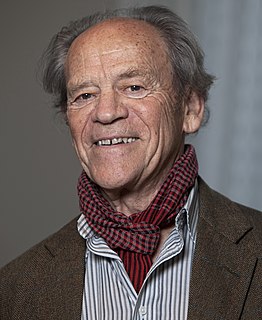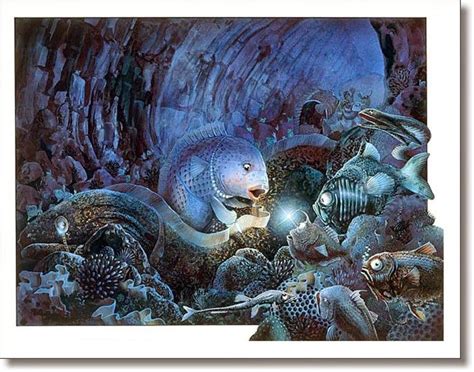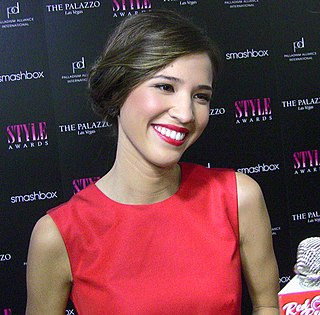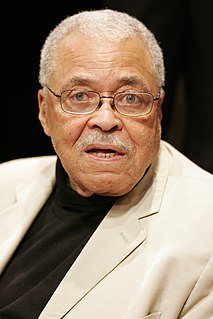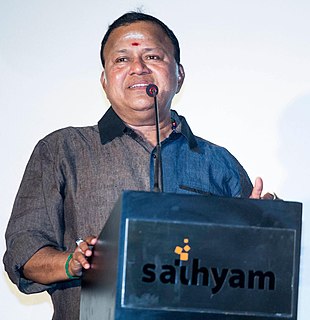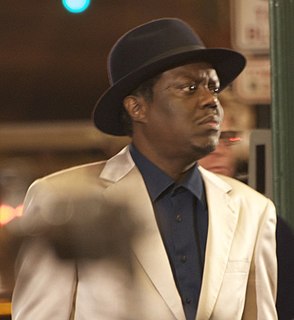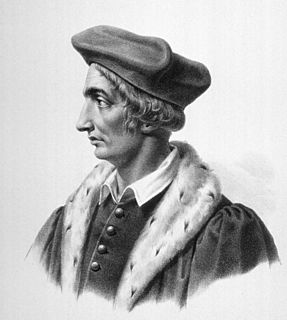A Quote by Sydney Brenner
In my second year, after moving to the Medical School, I began the courses of Anatomy and Physiology. I had begun to see that I was interested in cells and their functions.
Related Quotes
It happened, as many things do, imperceptibly, in many ways at once. I date it - the slow crumbling of my faith, the pulverization of my fortress - from the time, about a year after I had begun to preach, when I began to read again. I justified this desire by the fact that I was still in school, and I began, fatally, with Dostoyevsky.
My 94-year-old grandmother has always been so inspiring to me. She is kind, smart, brave, and independent. After graduating number one in her medical school class at a time when it was extremely rare for women to attend medical school, she worked with the World Health Organization in North Africa to eradicate tuberculosis.
What you see around the world is that poverty is not destiny. In other countries, much more systemically, student after student, school after school, year after year, educate poor and disadvantaged young people. And, so, anyone who says that you can't overcome these battles is a huge part of the problem.
Medical training taught me the art of breaking down the complex maze of stories, symbols and rituals into clear systems. You could say that it helped me figure out the anatomy and physiology of mythology and its relevance in a society more incisively. How is it that no society can, or does, exist without them?
I learned hard lessons in life; I had to because I had so much happen: My mother died my sophomore year in high school. The next year, same day, my brother dropped dead. Two years after that, I got married because my girlfriend got pregnant. The year after my wedding, my father - who I had only recently met - died.


